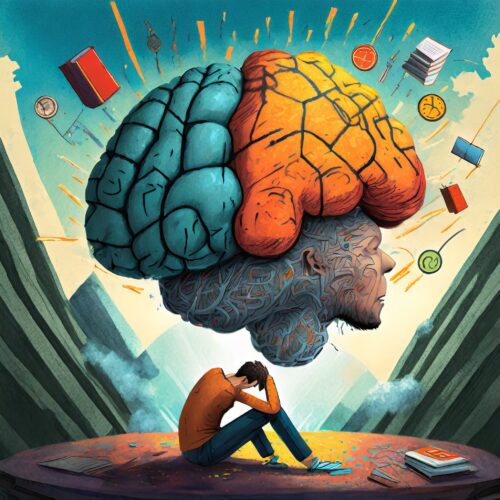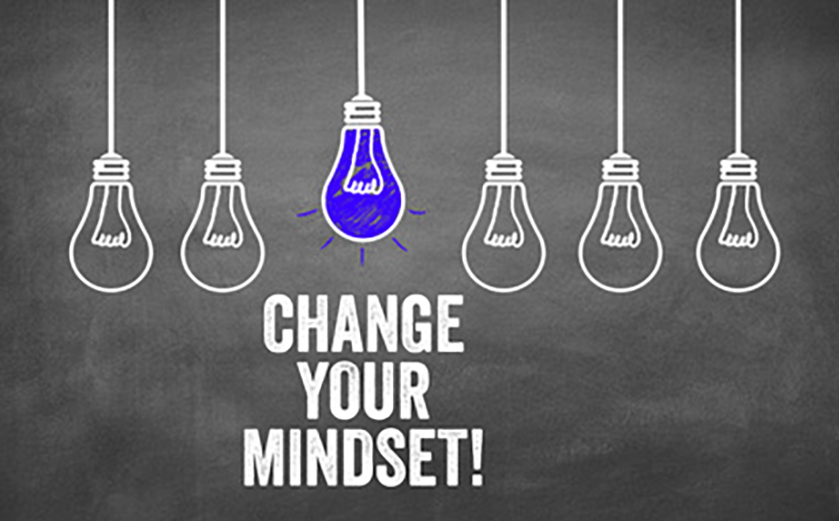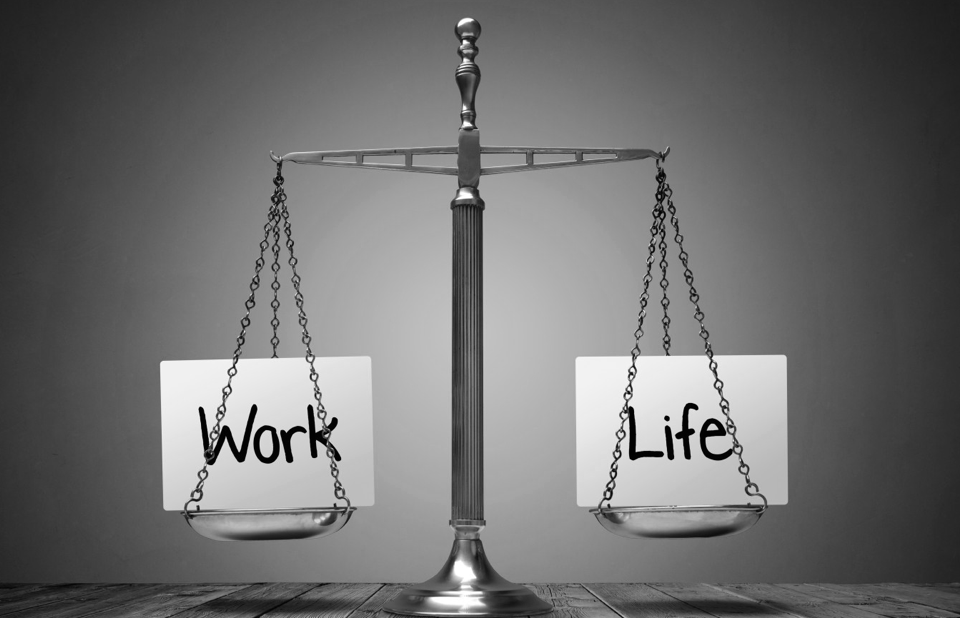This time of year can be quite interesting to navigate don’t you think?
During the last week I’ve had quite a conversations where the theme of ‘I feel tired and over this year’ has come up.
Now you probably feel tired and drained after intense physical activity, right?
Well, long periods of intense mental activity can wear you out, too.
To put it simply, mental exhaustion can happen when your brain receives too much stimulation or has to maintain an intense level of activity without rest.
You might notice mental exhaustion, sometimes called mental fatigue, if you:
- often work or study for long hours with few or no breaks
- spend a lot of time each day dealing with overwhelming responsibilities
- live with anxiety, depression or trauma
- devote a lot of mental energy each day to thinking through problems, worries, or other sources of stress
Symptoms of mental fatigue usually emerge slowly, yet they can accelerate noticeably during periods of intense stress, when your mind is operating at an increased capacity.
One major sign of mental exhaustion, and again a very common thing this time of the year, is that you feel far less alert than usual and find it challenging to focus, even when it comes to everyday or routine tasks.
A few other common mental and emotional signs of mental exhaustion may include:
- Feelings of depression, such as a continuous low or hopeless moods.
- Lingering anxiety and worry.
- Lack of interest in anything.
- A sense of detachment, cynicism, or pessimism.
- Increased anger or irritability.
- Challenges in processing and handling emotions.
- A pervasive sense of dread.
- Decreased motivation and productivity.
- Feeling sluggish or experiencing slowed movements and responses.
- Struggles with concentration, memory, organizing thoughts, or completing tasks accurately.
Some behavioural signs might include:
- Consistently procrastinating on school, work, or household tasks.
- Witnessing a decrease in your performance at work or school.
- Resorting to alcohol or other substances as a coping mechanism.
- Avoiding social interactions with usually enjoyable people.
- Feeling easily irritable or distracted around others, struggling to focus during conversations.
- Difficulty handling responsibilities and meeting personal or work commitments.
- Increased frequency of absenteeism from work or school.
And yes, there are also a physical signs of mental exhaustion, which may seem unrelated, and these include:
- Experiencing headaches and body pains.
- Upset stomach and digestive disturbances.
- Sleep disturbances like chronic fatigue, drowsiness, or insomnia.
- Fluctuations in appetite and weight.
- Regular occurrences of illnesses like colds and flu.
- Overall feeling of being unwell.
Most people encounter stress sporadically – it’s the body’s instinctive response to new, overwhelming, or frightening situations.
This biological reaction triggers a release of hormones like adrenaline and cortisol, aiding in swift reactions to perceived threats or high-pressure circumstances that demand quick thinking.
Once the stress trigger is addressed or removed, your body’s hormone levels typically return to normal.
However, persistent or prolonged stress can contribute to mental fatigue.
Continual exposure to challenges that activate your body’s stress response keeps cortisol levels elevated.
Over time, excessively high cortisol levels can disrupt usual bodily functions, affecting digestion, sleep, and the immune system.
In essence, if you’re not feeling well and lack sufficient rest, your brain lacks the opportunity to rejuvenate and reset.
So what can we do about it?
The simple answer is rest but, as most of you will probably agree, this can sometimes prove to be quite elusive no matter how exhausted you feel.
Thank being the case, you have no choice but to check in and audit the following four basic needs:
- Nutrition
- Physical activity
- Sunlight and fresh air
- Social support
Those four are non-negotiable.
Why? Because it works and there is science backed, peer-reviewed science to back it up!
You want a little more detailed advice?
Sure thing but I am pretty sure most of you will know what I’m going to say already.
Here goes:
- Try and distance yourself from the stressors when possible.
- Learn breathing and coping techniques.
- Focus on your sleep.
- Do strength training.
- Do Zone 2 cardio.
- Drink less.
- Set goals.
- Journal.
- Mediatate.
- Be kind to yourself.
The above is pretty much the foundation for taking care of yourself at any point in time but it gets a lot more important when you start feeling mentally tired like during this time of the year.
Mental exhaustion holds significant implications, extending beyond just your emotional and physical well-being.
If you’re struggling to get a grip on your anxiety, stress and feelings of depression, please reach out to someone and ask for help as a mindset coach or therapist can help you to:
- identify causes and triggers
- exploring treatment options
- learn helpful ways to cope with stress and demanding responsibilities
This time of year is hard and can get quite overwhelming. I know, trust me I do. But you need to know you’re not alone and that the tools and resources you need are out there.
Please reach out if I can help and be kind to yourself. It is possible to get to the start of a New year and feel fresh and motivated and happy! 😊










